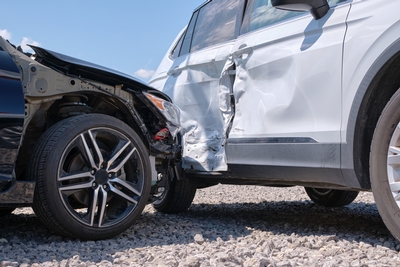A Close Look at the Impact of New Jersey's Deemer Statute on Personal Injury Protection (PIP) Auto Policies
Related Attorney: Timothy E. Dinan
February 23, 2024
New Jersey's legal landscape is marked by various provisions that significantly influence the world of auto insurance. One such distinctive feature is the Deemer Statute, a regulation that holds particular importance in the context of Personal Injury Protection (PIP) automobile policies. Let's explore how the Deemer Statute comes into play an]\d its implications for those navigating the intricacies of PIP coverage in the Garden State.
The Deemer Statute, officially known as N.J.S.A. 17:28-1.4, essentially deems non-resident drivers to be subject to New Jersey's PIP laws when involved in accidents within the state. This is particularly relevant for out-of-state residents driving in New Jersey or those who move to the state but maintain their out-of-state registration.
One key application of the Deemer Statute in the realm of PIP coverage is the requirement for non-resident drivers to carry PIP insurance that complies with New Jersey's standards. This means that even if a driver's home state doesn't mandate PIP coverage, they are deemed to have it when operating a vehicle in New Jersey. This ensures that all drivers on New Jersey roads, regardless of residency, adhere to the state's PIP laws.
The Deemer Statute's impact extends beyond the driver to passengers as well. In cases where a non-resident driver is involved in an accident, the passengers may also be subject to New Jersey's PIP laws, allowing them to seek benefits under the driver's PIP policy.
However, the Deemer Statute has faced its share of debates and challenges. One particular issue is that the deemer statute also carries with it the consequences of the limitation on lawsuit option, which has been discussed in previous posts. Even if an out of state driver has not chosen to be bound by the limitation on lawsuit option, he or she may be bound by its requirements.
In conclusion, New Jersey's Deemer Statute significantly influences the application of PIP coverage in auto insurance policies, particularly for non-resident drivers. As drivers navigate the complexities of PIP laws, understanding the implications of the Deemer Statute becomes crucial to ensuring compliance and fair compensation in the event of an accident on New Jersey roads.
Questions? Contact Tim Dinan at tdinan@lcrlaw.com, or (973) 729-1880.
See our previous blog post here.


















